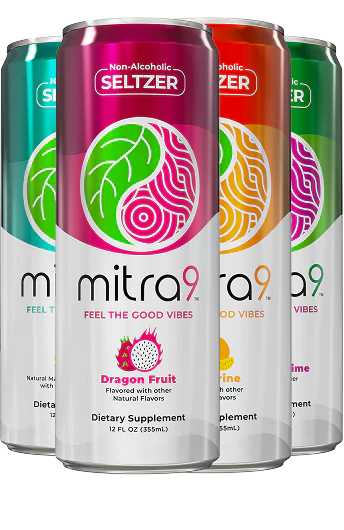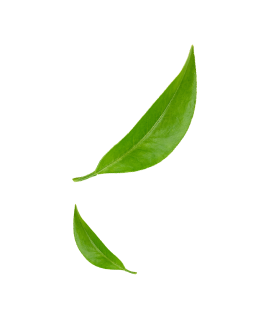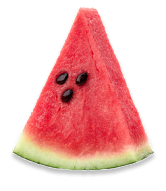Kava, a traditional beverage derived from the roots of the Piper methysticum plant, has been consumed for centuries in the Pacific Islands for its calming and soothing effects. In recent years, its popularity has spread globally, intriguing many with its unique properties and cultural significance. This article delves into the reasons why people consume Kava, exploring its cultural roots, health benefits, social aspects, and its rise in popularity in the modern wellness industry.
Cultural Significance
Kava holds a deep cultural significance in many Pacific Island communities, particularly in Fiji, Vanuatu, and Tonga. It is more than just a drink; it's a pivotal part of social rituals, religious ceremonies, and community gatherings. Traditionally, Kava ceremonies are used to welcome guests, forge bonds, and mark important events. The ceremonial aspect of Kava consumption represents respect, community, and the perpetuation of ancient customs, offering a sense of belonging and connection to heritage.
Natural Relaxation and Stress Relief
One of the primary reasons for Kava's popularity is its natural calming properties. The active compounds in Kava, known as kavalactones, have been shown to induce relaxation without impairing cognitive function. This makes Kava an appealing alternative to alcohol and other substances for stress relief and relaxation. For many, Kava offers a natural way to unwind after a stressful day or to cope with anxiety, without the side effects and dependencies associated with pharmaceutical relaxants.
Social Interaction and Community Building
In both traditional and modern settings, Kava serves as a social lubricant, much like coffee or tea in other cultures. Kava bars, akin to coffee shops, have become popular in Western countries, providing a space for social interaction and community building. These establishments often foster a relaxed, inclusive atmosphere, where people can gather, share stories, and enjoy Kava together. This aspect of communal consumption promotes a sense of unity and belonging, which is increasingly sought after in today’s fast-paced and often isolated urban environments.
Health Benefits
Beyond its calming effects, Kava has been associated with several health benefits. Some studies suggest that Kava may have therapeutic potential in the treatment of anxiety disorders. Its anxiolytic effects, attributed to the modulation of neurotransmitter activity in the brain, make it a subject of interest in the field of mental health. Additionally, Kava is sometimes used as a sleep aid, providing a natural alternative to over-the-counter sleep medications.
Alternative to Alcohol
Kava's rise in popularity can also be attributed to its role as a non-alcoholic alternative. With growing awareness about the health risks of alcohol consumption, many people are seeking healthier alternatives. Kava provides a similar social and relaxing experience without the negative effects of alcohol, such as hangovers or addiction. This makes it particularly appealing to those who are sober or reducing their alcohol intake.
Modern Wellness and Natural Remedies
The global wellness industry has seen a surge in the popularity of natural remedies and holistic approaches to health. Kava fits well into this trend, offering a natural, plant-based alternative to synthetic drugs. Its use in stress management and relaxation aligns with the growing interest in natural wellness solutions. As people become more conscious of what they consume and its impact on their health, the demand for natural options like Kava increases.
Ritual and Experience
The ritual of preparing and consuming Kava is an experience in itself. The traditional method of preparation, which involves extracting the root in water, creates a sense of ceremony and mindfulness. This ritualistic aspect appeals to those looking for a more meaningful and engaged experience in their consumption habits, contrasting the often mindless consumption of modern life.
Conclusion
The reasons people consume Kava are as diverse as the drink's history and cultural background. From its role in traditional ceremonies to its modern-day use as a natural relaxant and social beverage, Kava embodies a unique blend of cultural heritage, health benefits, and community spirit. As the world becomes more interconnected, and the interest in natural wellness solutions grows, Kava's popularity is likely to continue to rise, offering a window into the rich traditions of the Pacific Islands while addressing the contemporary desire for natural, health-conscious alternatives to stress and social interactions.


























































